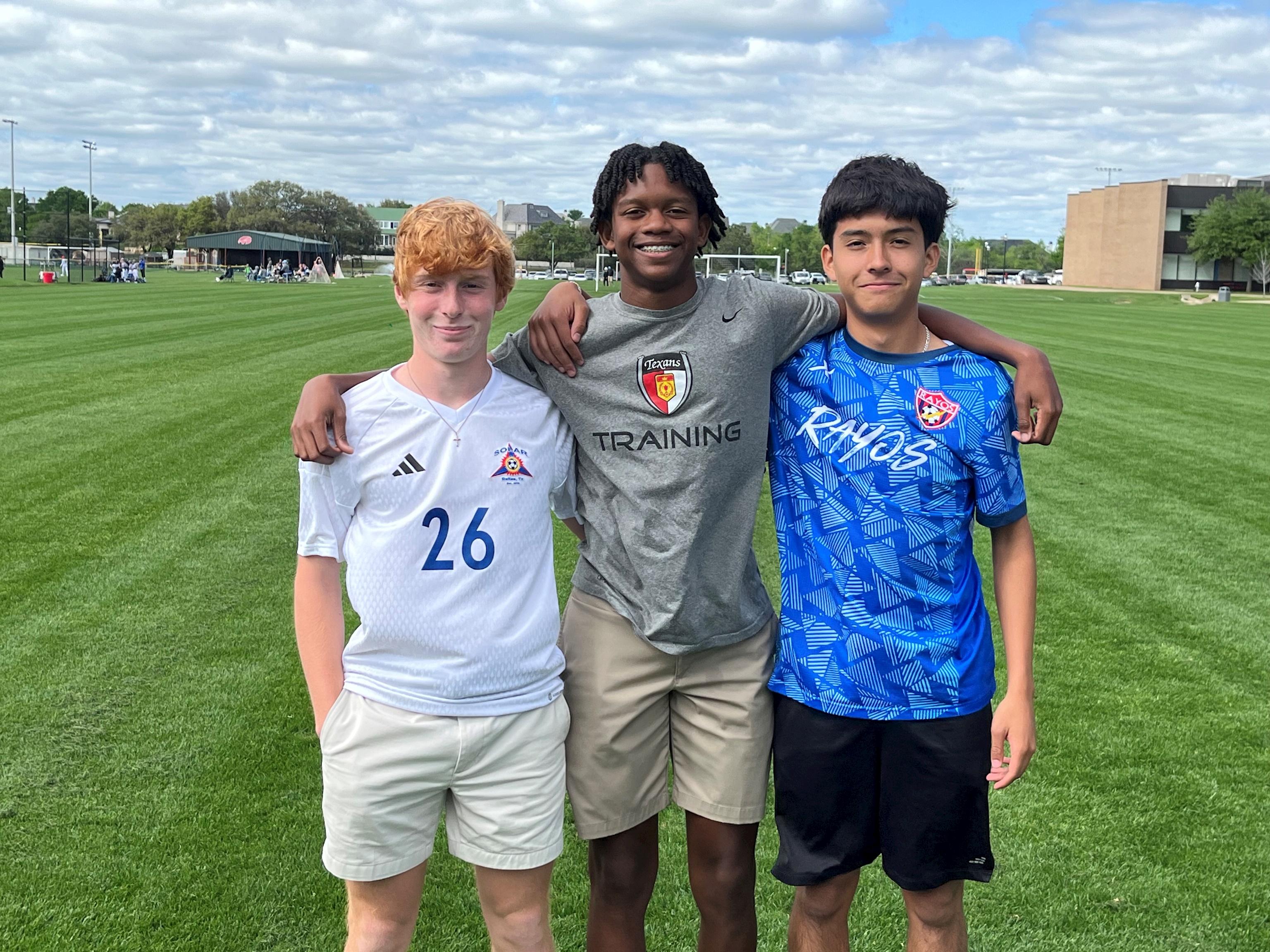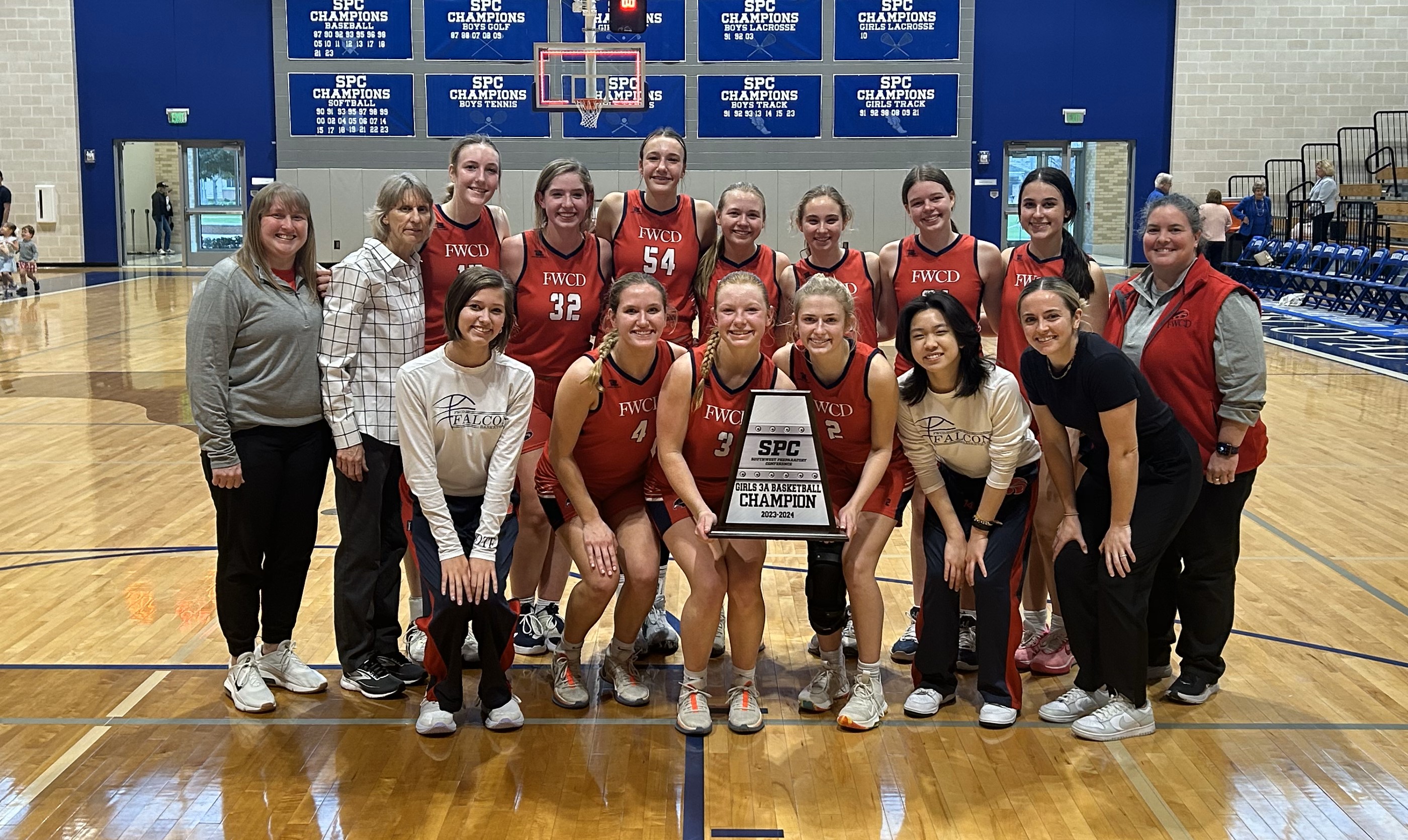The Importance of Sportsmanship and What it Should Look Like

By Brian G. Phelps, FWCD Director of Athletics (2018-2020)
Most reasonable athletes and parents would agree that sportsmanship is an important aspect of athletics. Although it comes in many forms, everyone can give a few examples of what sportsmanship looks like and what it takes to be viewed as a “good sport”: We shake hands before and after games, we clap for injured players once they show they are okay, and we extend a hand to help an opponent get up off of the ground. These examples are just scratching the surface of displaying good sportsmanship.
Sportsmanship is an understanding of and commitment to fair play, ethical behavior and integrity, and general goodwill toward an opponent. It is an affirmation that an athlete is disciplined enough to have perspective, maintain poise and do what is best for his or her teammates. Being able to make appropriate behavioral choices at the “moment of truth” and in a pressure situation will often reveal a player’s character and his or her ability to be a good sport. Simply put, sportsmanship is a choice.
It is easy for parents and kids to get caught up in a game and become too focused on winning. Although winning is important, it is not always the most important aspect of the game. There is so much to be gained and learned from an athletic experience that will stay with you for the rest of your life. Good sportsmanship is one of those life lessons that should be intentionally learned, taught, practiced and reinforced.
No matter how much we would like to, we cannot win at everything every time. So we need to learn to deal with defeat. After a hard fought game in which everything was left on the playing field in a losing effort, it can be very difficult to look your opponents in the eye and tell them “good game” or “good job.” But this is what is asked of athletes. The key question is: How do we handle losing with dignity?
Keep losing in perspective. Youth sports are a learning experience. Very few wins and losses are remembered, even a short time later. Always accept responsibility for the loss. Acknowledge the winners and congratulate them. Sometimes your opponent was just better. Even if they are not better, they were better during that particular contest. The effort should be acknowledged. Sulking shows a lack of discipline.
Winning is fun! It is the reward for your hard work. When we participate in a sport that keeps score, it is our obligation to the team to do our best to win within the rules of the game and within the spirit of the game. Winning becomes a negative when it is a team’s only goal.
Keep winning in perspective. Winning doesn’t mean you were perfect or that you will win again. Celebrate your win, but celebrate your win with grace. Have empathy for the team you defeated; win with humility and class. Acknowledge your opponents’ effort and that they were worthy competitors. North Carolina basketball Coach Dean Smith once said, “A lion never roars after a kill.” I love that quote and the parallel to what “good winning” should look like.
A recent study conducted by the NCAA showed that while sportsmanship among players has improved over the years, sportsmanship in the fans and parents has declined. It has always intrigued me why people in the stands often feel they have more invested than the actual participants. Is it the time and money invested into private lessons and travel teams? Is it living vicariously through our kids? Is it the college scholarship we need our children to earn? Is it the fear of seeing our kids fail? In any event, we, as parents and fans, should all take a step back and determine if we are helping our kids, or undermining the experience.
As a father of four kids who enjoys participating in athletics, I have to remind myself that it is okay when my kid misses a shot, strikes out, or doesn’t play good enough defense. That fact is, it is their game and their experience, and my playing days are over. A good reminder for me when I feel like my kid needs my advice from the stands comes from the great John Wooden, basketball player and head Coach at the University of California at Los Angeles. Coach Wooden once said, “Young people need models, not critics.”
Instead of being upset with what my kid is not doing well, or how an official has “cheated” our team, I should focus on helping my kid learn to respect the other team. I should watch my language and the negative comments that could come from my mouth. I should respect the officials and not argue every call that is made. Perhaps most importantly, I should support my kids’ team, win or lose.
Life is tough, and life is not fair. Like life, sports are tough and not always fair. Yet sports can be a wonderful training ground for life’s challenges. Just like we win some and lose some in sports, we also deal with plenty of successes, challenges and failures in our lives. Let’s try to be good sports in both the winning and losing situations and during our successes, challenges and failures.
I think it is a good reminder for all of us that there are only four roles during a game: spectator, competitor, official and coach. Everyone involved in athletics would be wise to choose only one of those roles at a time.
I leave you with one more quote; however, I truly could go on and on. In my opinion, Knute Rockne, football player and Coach at the University of Notre Dame, said it best: “One man practicing sportsmanship is far better than a hundred teaching it.”
Do not just simply say, “be a good sport.” Model it, teach it, expect it.





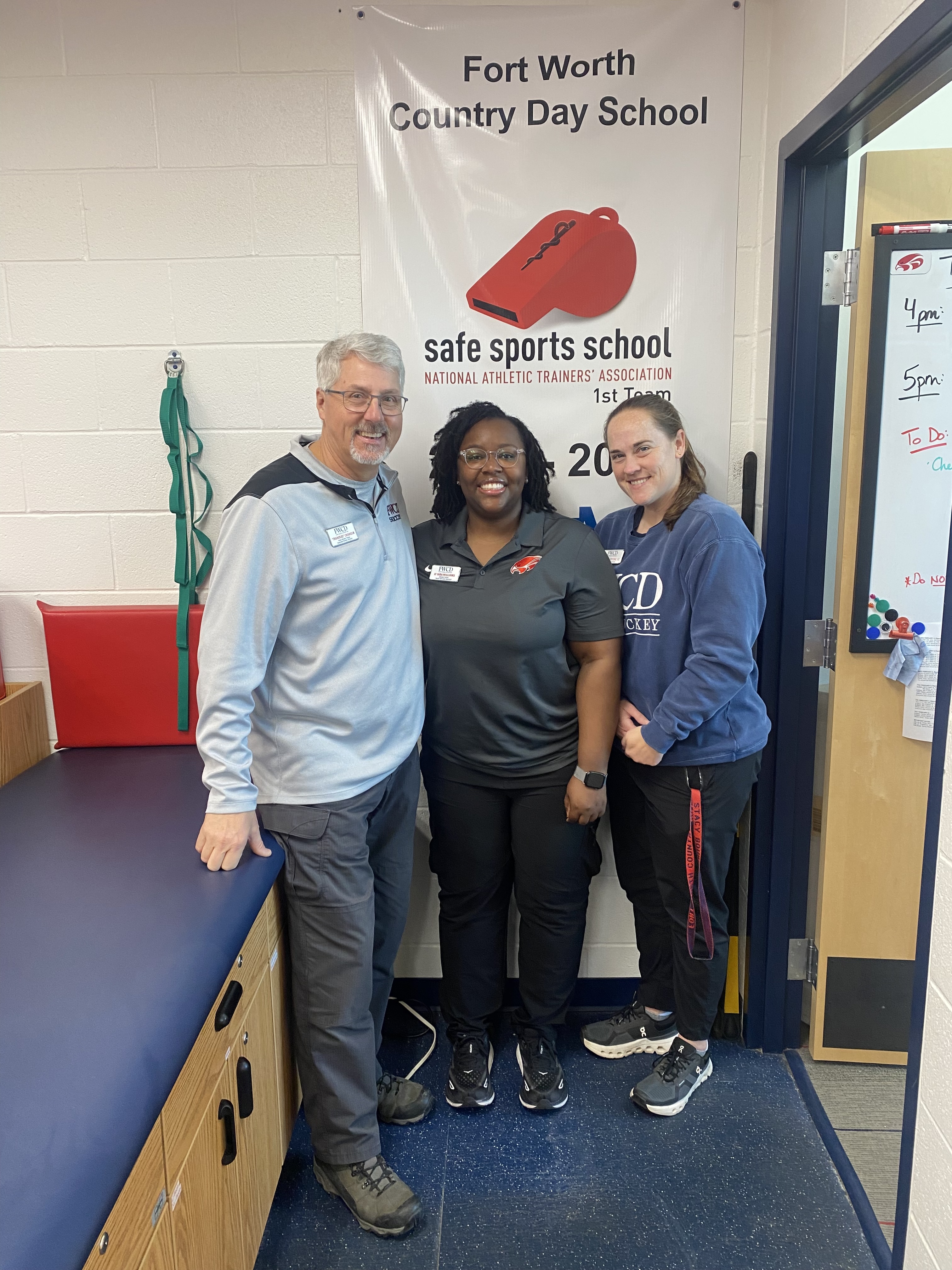
.png)
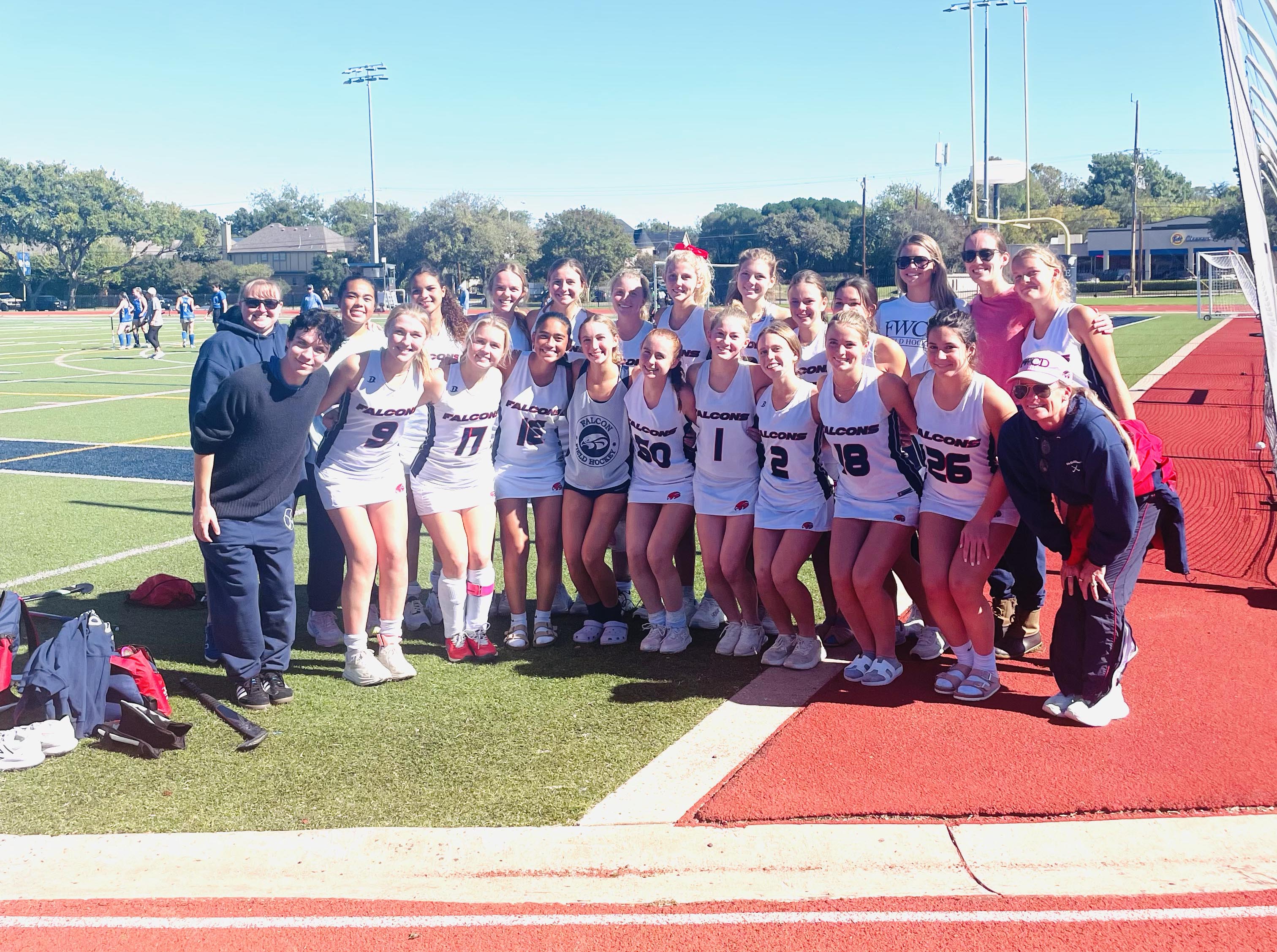

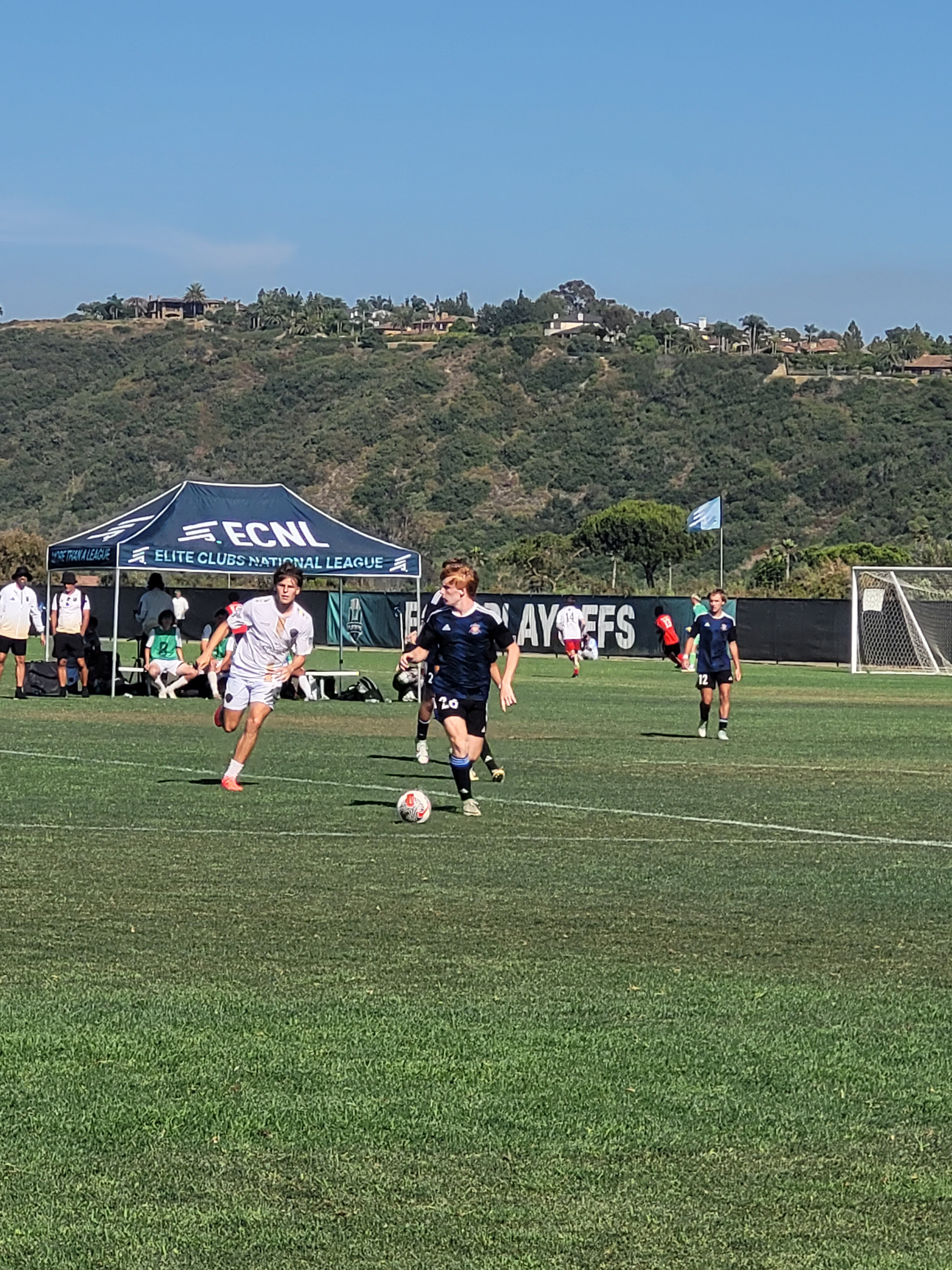



.jpeg)
